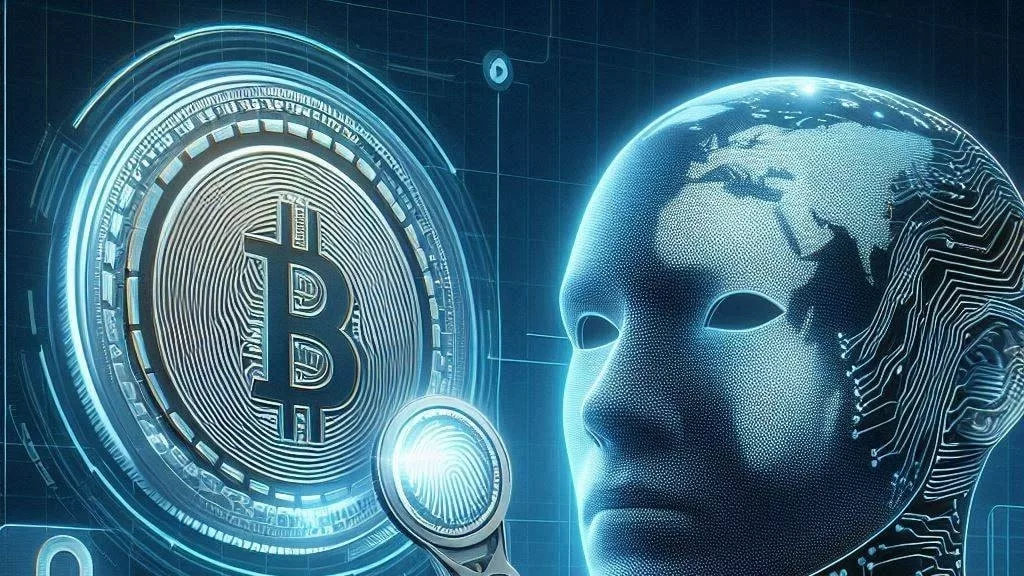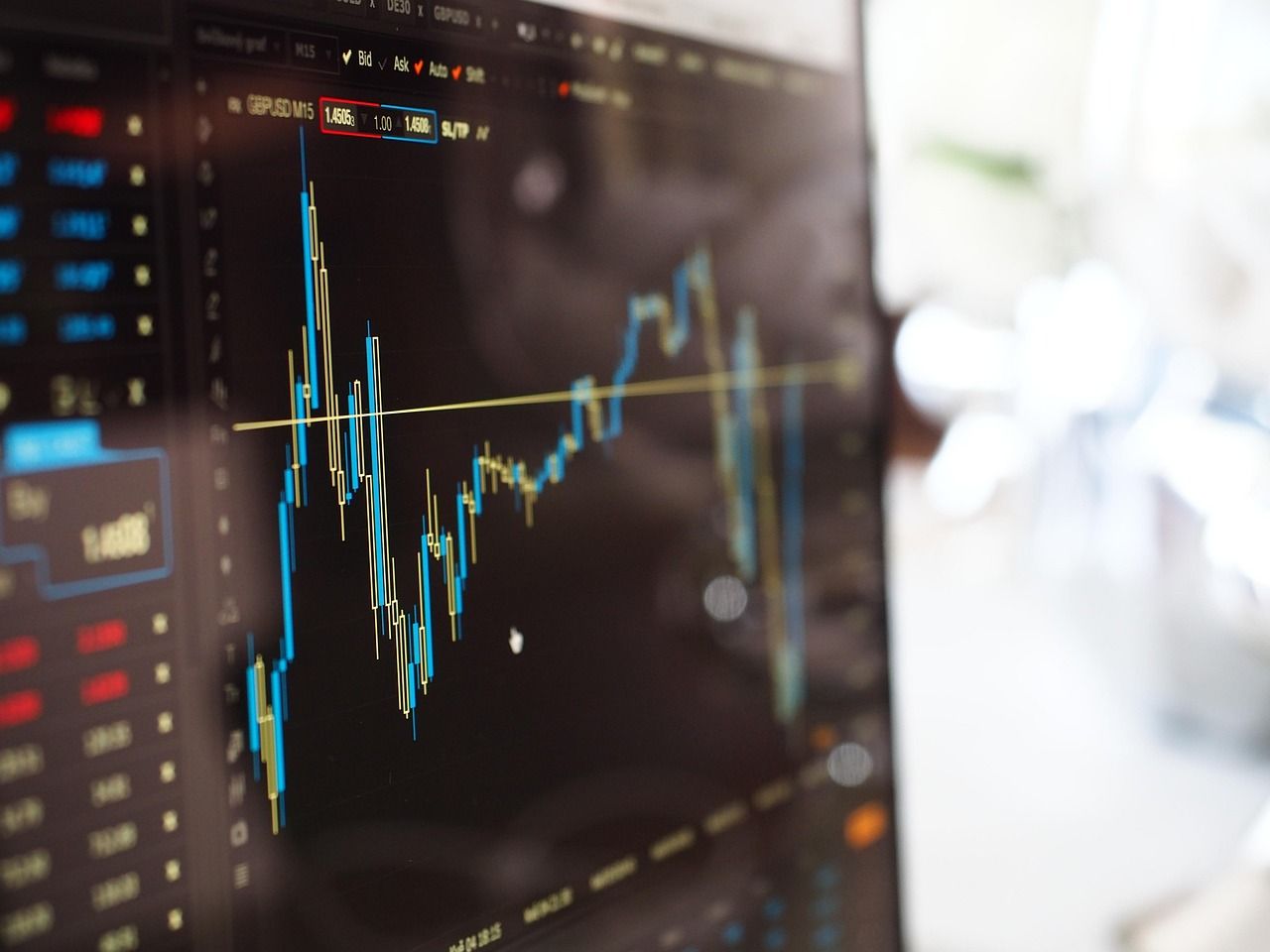The Rise and Fall of Worldcoin: A Cautionary Tale
The Rise of Worldcoin
The promises of Worldcoin—now simply “World” as of late October 2024—have faced significant backlash globally, with lawsuits and fines mounted against it for its failure to protect user privacy. Worldcoin, which was founded by Sam Altman of OpenAI fame, initially gained attention with its ambitious offer: users could verify their humanness via iris and face scans, receiving digital IDs and free tokens in return.
The Backlash
Despite its initial popularity, Worldcoin quickly came under fire for its invasive verification methods and the potential risks this posed to user privacy. Many users raised concerns about the security of their personal information and the implications of allowing a company to have access to such sensitive data.
As a result, multiple lawsuits were filed against Worldcoin, alleging violations of privacy laws and seeking damages for the mishandling of user data. In addition, regulatory bodies in various countries imposed fines on the company for its failure to comply with data protection regulations.
Effects on Individuals
For individuals, the fallout from the Worldcoin scandal has been significant. Many users who signed up for the platform in hopes of receiving free tokens have found themselves at risk of identity theft and other privacy breaches. The loss of trust in Worldcoin has also led to a decrease in the value of the tokens, causing financial losses for investors.
Global Implications
On a larger scale, the Worldcoin controversy has sparked a debate about the ethical implications of using biometric data for verification purposes. Governments and regulatory bodies around the world are now reevaluating their data protection laws and considering stricter regulations for companies that collect sensitive information.
Conclusion
The rise and fall of Worldcoin serves as a cautionary tale about the risks of prioritizing convenience over privacy. As individuals and policymakers grapple with the fallout from this scandal, it is clear that greater transparency and accountability are needed in the digital economy to protect user rights and prevent similar incidents in the future.





